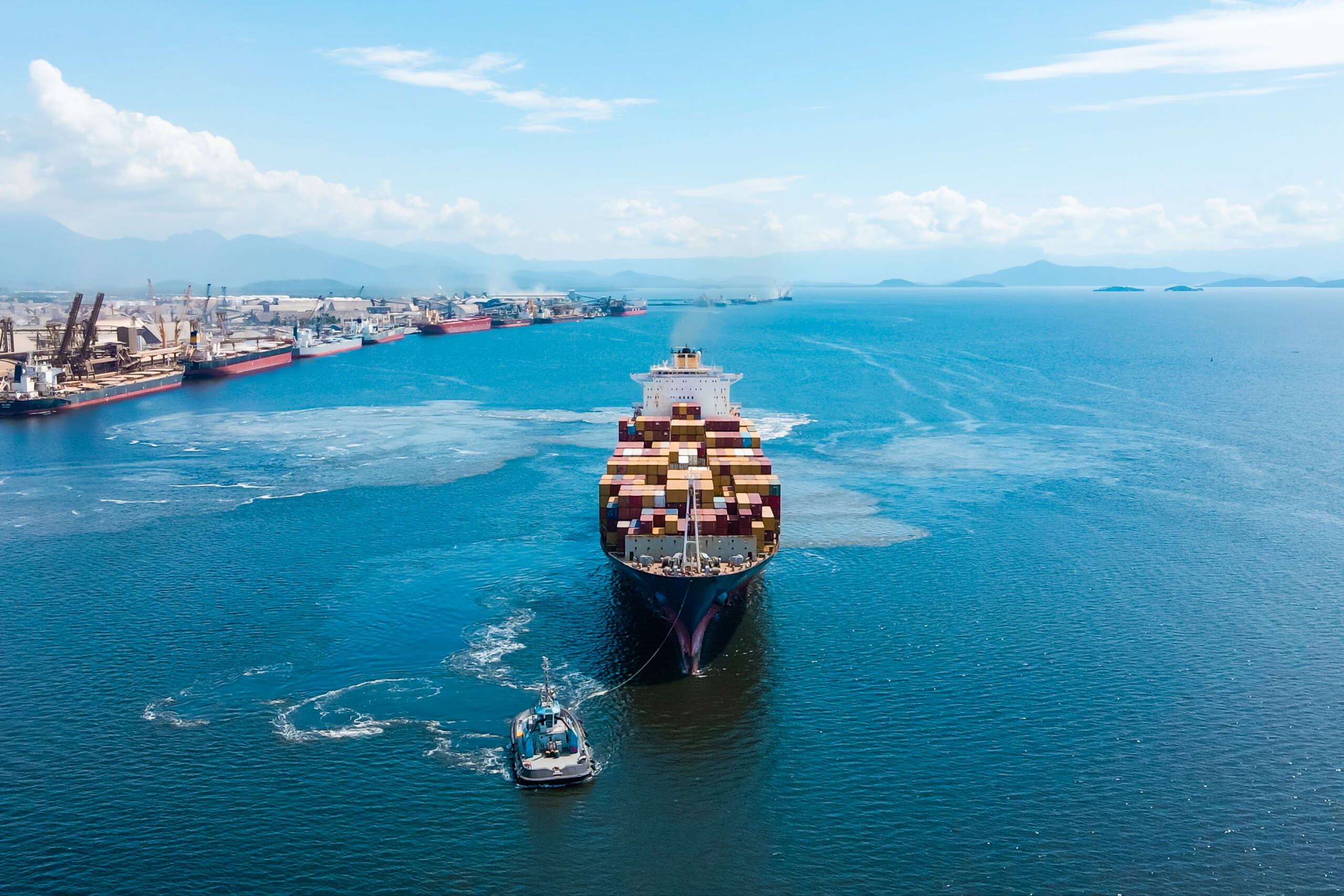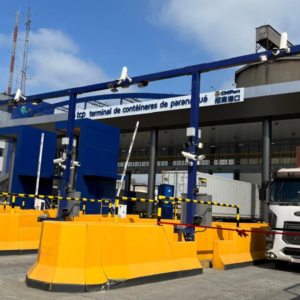Moving goods along the Brazilian coast is a more sustainable and safer solution for the national logistics chain
The search for alternatives with less environmental impact and that offer greater energy efficiency is a common denominator in various productive sectors around the world. In the port sector, cabotage shipping, which consists of transporting goods between ports in the same country, is a solution that has been gaining ground in Brazil and is already available at TCP, the company that manages the Paranaguá Container Terminal.
With the inaugural berthing of two weekly cabotage services in the first two months of 2024, the Terminal has been gradually increasing its operations in this segment. “Cabotage offers an alternative that not only reduces logistics costs and guarantees greater security for cargo transport, but also minimizes environmental impact and decongests Brazilian roads, thus integrating the national logistics chain. With more than seven thousand kilometers, connecting our country from north to south, Paranaguá is now also part of this route, providing a more sustainable solution for our customers,” says Carolina Merkle Brown, TCP’s commercial manager for shipowners.
Cabotage is a crucial alternative for relieving the road transport sector, which today accounts for 63% of Brazil’s transportation matrix, according to research carried out by the Ilos institute in 2023. “As an example, if in one week the Terminal handles 1,000 TEUs (equivalent to 20 feet of container length) via cabotage and, considering that each truck carries an average of 2 TEUs per trip, this would result in 500 fewer vehicles crossing Brazilian highways, as this volume of cargo can easily be transported in a container ship,” explains Carolina.
In addition to reducing greenhouse gas emissions and the stress on the flow of vehicles on the highways, cabotage guarantees greater safety in transportation, reducing the chance of container damage and accidents. “The movement of cargo between ports in the same country guarantees greater reliability and operational predictability, factors that guide the services offered by the Terminal,” he concludes.
TCP reaches new record container throughput on the railroad
In the first quarter of 2024, the Paranaguá Container Terminal recorded a 9% increase over the same period last year in the movement of full and empty containers by rail. There were 50,472 TEUs, which represents 17% of the entire volume handled between January and March.
According to TCP’s institutional and legal manager, Rafael Stein, “promoting the flow of rail transport is directly linked to our strategy and current market trends, as this operation brings gains in various aspects, proving to be more efficient, resulting in lower greenhouse gas emissions in the logistics chain”.
To make operations on the railroad more sustainable, in 2023 the Terminal completed the electrification of the two RTGs (rubber-tyred gantry cranes) that move containers arriving by train. The conversion of the equipment resulted in a 95% reduction in carbon dioxide emissions in the operation of each crane.
Currently, the Paranaguá Container Terminal is the only one in the south of the country with direct access from the rail network to the bonded area.



